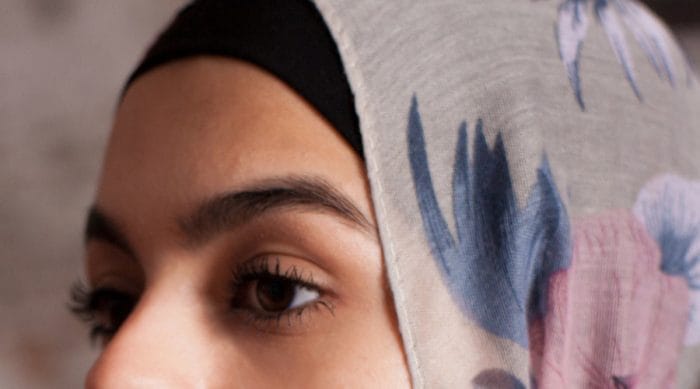Religious identity is at stake as the European Court of Justice (ECJ) allows the hijab and other visible religious symbols to be banned from the workplace.
“Today’s disappointing rulings … give greater leeway to employers to discriminate against women — and men — on the grounds of religious belief,” said a statement by Amnesty International. “At a time when identity and appearance has become a political battleground, people need more protection against prejudice, not less.”
Despite the backlash, the ECJ does not regard the setback to working Muslim women (and others affecting by the law) as “direct discrimination.”

The ban stems from the case judgments of two women from France and Belgium who were dismissed from work for refusing to remove their hijabs.
The first case involved Samira Achbita, who in 2003 was employed as a receptionist by G4S security services in Belgium. Achbita expressed her interest in wearing the hijab to the company but was told that it would not be allowed.
The company introduced a formal ban after Achbita refused to remove her headscarf. She was dismissed, leading her to court with claims of discrimination.
The ECJ said that at the time, G4S had an “unwritten rule” that employees were not to don any political, religious or philosophical symbols at work.

The second case involved design engineer Asma Bougnaoui, who was employed by Micropole in 2008.
Bougnaoui was told that her hijab could cause problems and was asked not to wear her hijab on company grounds after a customer complaint. She was later dismissed and also went to court with discrimination claims.
While the ECJ says European Union law bars discrimination on religious grounds, critics say the ban undermines religious freedoms.
“A ban on religious and political symbols feels to me as a disguised ban on the hijab. I cannot think of another symbol that will affect hundreds of thousands of people in Europe,” Warda El-Kaddouri told Al Jazeera. “By stating that veiled women can simply take off their hijab, you imply that the empowerment of women to be in control of their own body and to make individual decisions is reserved for white women only.”

The ban affects not only headscarves but also turbans, yarmulkes and crosses, which could be subjected to removal.
Maryam H’madoun at the Open Society Justice Initiative describes the ruling as discrimination against people who choose to express religion through attire.
“It will lead to Muslim women being discriminated in the workplace, but also Jewish men who wear kippas, Sikh men who wear turbans, people who wear crosses,” says H’madoun. “It affects all of them, but disproportionately Muslim women.”
Main Image Photo Credit: www.RT.com
Nomaan Khan
Author
After spending some time in a completely different field, Nomaan decided to drop it all and switch to Mohawk College to pursue his longtime interest in the world of Journalism. His experience working in multimedia platforms has helped him develop exceptional skills in thinking on his feet, being ...














































































































